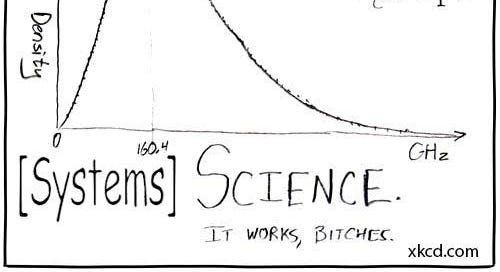A book by Charles W. Fowler
Sustainable human interactions with ecosystems and the biosphere, part 6
Summary Chapter 1
In systemic management, empirical examples of sustainability are the source of guidance, particularly as they fall into informative integrative patterns. Human concepts or constructs are confined to those most directly relevant to observing, representing, and analyzing natural patterns.
Systemic management is not based on assertion of political opinion.
In the practical applications that emerge, systemic management is demonstrated as a path toward sustainable human existence. In the end we are left with the question: can we, as a species, make the changes necessary to function sustainably? Among humans, a species-level self consciousness is just now beginning to emerge. Comparing ourselves with other species has the potential of awakening in humanity both a sense of what we need to do as a species and the ability to do it.
“Sustainable human existence”… i.e. persist as in sidestep extinction, the pathway we are currently on. What is now beginning to emerge, i.e. does not yet exist, is enough understanding of the planet to live with it properly as all other animals who persist do, by listening to them, i.e. what works for them to persist.
One of the underlying assumptions of this book is that human constructs show varying degrees of reliability in providing guidance for management. Among the best of what we produce are representations of empirical examples of sustainability directly matched with (consonant with) specific management questions. The more models (opinions and values) are restricted to partial indirectly related information, the more misleading they are. The most reliable guidance comes from direct observation of nature itself — as long as the observations are confined to the issue, dimensions, and logical type of the management question being asked. This assumption is fundamental to the contrast between systemic management and conventional management; in the latter, human limitations give rise to erroneous management.
Listen. Listen to Nature, bitches.
Pattern-based management accounts for the infinite of complexity — reality. Systemic management is reality-based [as distinct from opinion and humancentric values-based] management. The implications are considered insofar as they are challenges we humans face as a species and how tghe potential can be evaluated in regard to what we are, and how we function, as a species. Our ways of thinking are inherent to the difference between conventional and systemic management.
Having some grasp of reality works better than puffing fine words that we can Like and Share.
List of articles in this book review series: Systemic Management.





